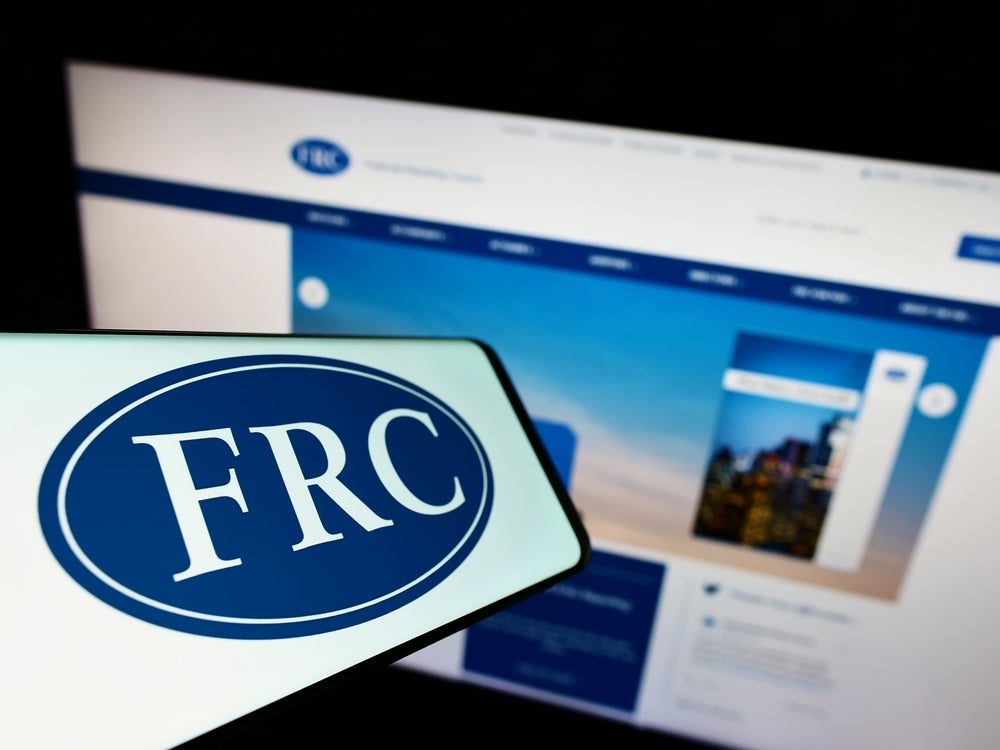The UK Financial Reporting
Council chief executive Stephen Haddrill accused the audit
profession of being defensive over criticisms about its role in the
financial crisis.
Hadrill made the comments in
the opening speech at the Auditing Special Interest Group’s (ASIG)
22nd auditing and assurance conference and added that as
audit provides a public service required in law “it is reasonable
that at times of financial crisis it should have to account for
itself”.
At a time when the value of
audit is being questioned and trust in profession is at an all time
low, Haddrill said the criticisms show there is value: “we would,
of course, have more reason to be anxious if nobody saw value in
what you do”.
“It is good news that the
importance of auditing is fully recognised and that the debate is
about doing better, not doing less,” he remarked.
There was a surprising
amount of support for change with many stating that unless the
profession does acknowledge some responsibility and evolve there is
a risk it could become ‘extinct’.
E&Y UK partner Allister
Wilson said nothing has been done on a macro level so far to change
since the crisis and “all we hear is defence of the status
quo”.
How well do you really know your competitors?
Access the most comprehensive Company Profiles on the market, powered by GlobalData. Save hours of research. Gain competitive edge.

Thank you!
Your download email will arrive shortly
Not ready to buy yet? Download a free sample
We are confident about the unique quality of our Company Profiles. However, we want you to make the most beneficial decision for your business, so we offer a free sample that you can download by submitting the below form
By GlobalDataHaddrill also called for
more debate around what audit is for and what it can do as he said
this has yet to be “debated sufficiently in the various reviews
undertaken so far”.
He also covered the Sharman
Inquiry into going concern statements, which have been the focus of
auditors’ role in the crisis as the majority of UK banks’ directors
statements were signed off despite then failing shortly after.
“Anyone reviewing the
[Sharman inquiry] responses will see that there was substantial
agreement about the rationale for the directors’ going concern
judgement being properly spelt out at all times, not just in a
crisis,” Haddrill explained.
“That the assessment is not
just based on short-term factors, but all those that could cause
distress to future success; and that the assessment process is
built into the business planning system so that the risks to going
concern from the business model are considered at the right
time.”
Good
behaviour
Sharman inquiry member David
Pitt-Watson told The Accountant that the “view and process
of risk which is part of the going concern that the auditor then
views and can then be declared…is where the risk should sit”.
“It is good behaviours that
we are trying to create here we are not saying that we can develop
some clever model that can tell you whether you are a going concern
or not this is something that needs to be the judgment of good
people on the board trying to run the companies well…If an honest
mistake is made then we have to allow that,” Pitt-Watson said.
Sharman’s report is due out
next month and the FRC said it plans to consider the proposals in
detail during the summer.
Other common themes during
the two day event included risk reporting and risk assurance, the
auditors’ report and communication.
“The quality of corporate
reporting on risk is of vital importance as the banks seek to
reassure investors about their stability in uncertain times and we
look forward to a day when the capital markets, not the taxpayer,
absorb all risks in the sector,” Haddrill said.
“It will take longer to get
back to that position if there is not confidence in both the
quality of the reporting of risk and the role of audit in providing
assurance on risk. Across the listed market this is
improving, but it could still be better.”
‘Extreme’
lobbying
The European Commissions
(EC) audit reform proposals were also scrutinised in a number of
sessions and in a speech from the EC’s acting head of the audit
policy unit, Arvind Wadhera defended the proposals saying “since
the bank bailouts during 2007 it is not unreasonable for the EC to
question how banks went down after clean going concerns were
issued”.
Wadhera then went on to call
the lobbying by accounting firms particularly the Big Four against
the proposals, “extreme”.
Haddrill expressed support
for some of the EC proposals, including on restrictions in bank
covenants in favour of the Big Four and in allowing new sources of
capital.
“[However,] we do not
support mandatory rotation of firms every six years, but we do not
like companies holding on to their auditor for a hundred years.
From our perspective, the most important consideration is that more
competition is achieved without compromising audit quality,” he
stated.
The EC proposals are
currently being reviewed by the European Council and Parliament
before any are signed into law but Wadhera says the EC expects them
to “show the same commitment”.
He said discussion at EU
council and parliment level will continue throughout 2012.
ASIG is part of the British
Accounting Association.
For a full report from the
conference please see the May edition of The Accountant
out soon.





